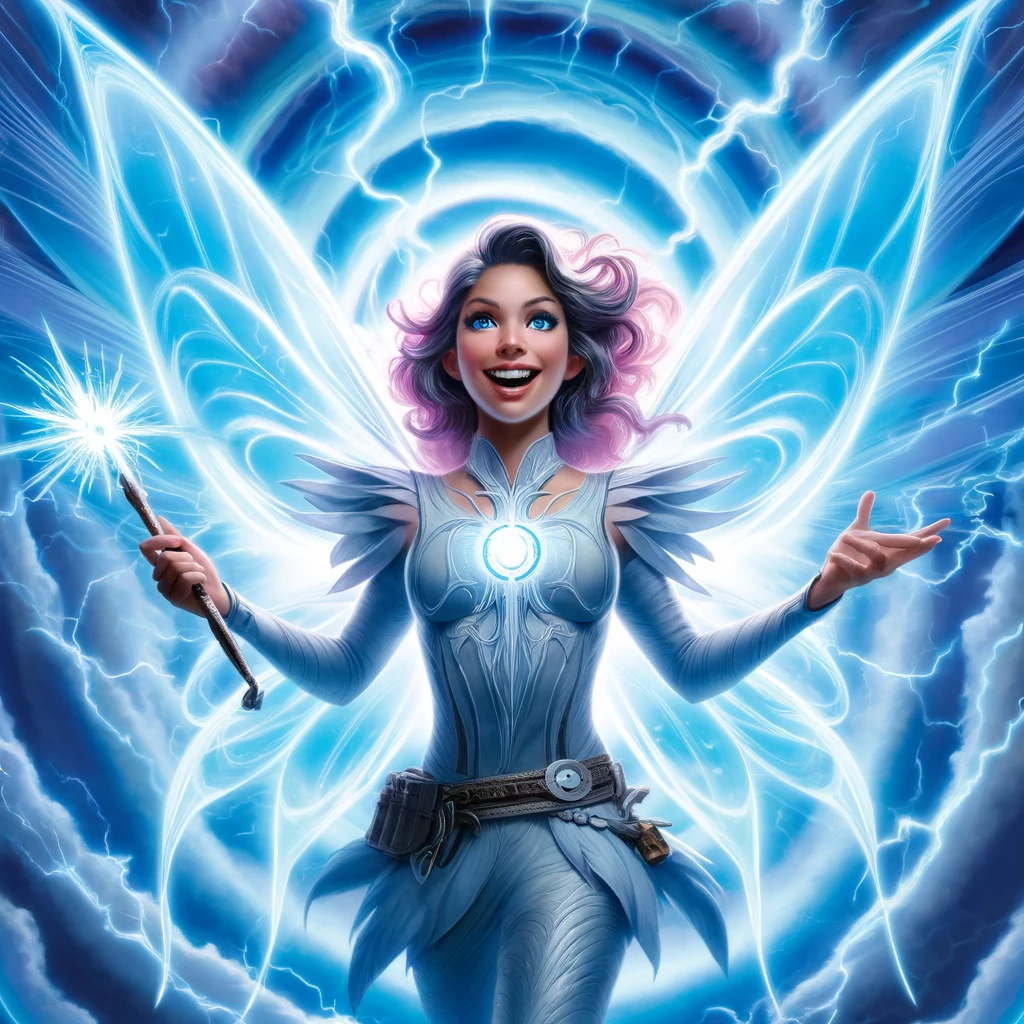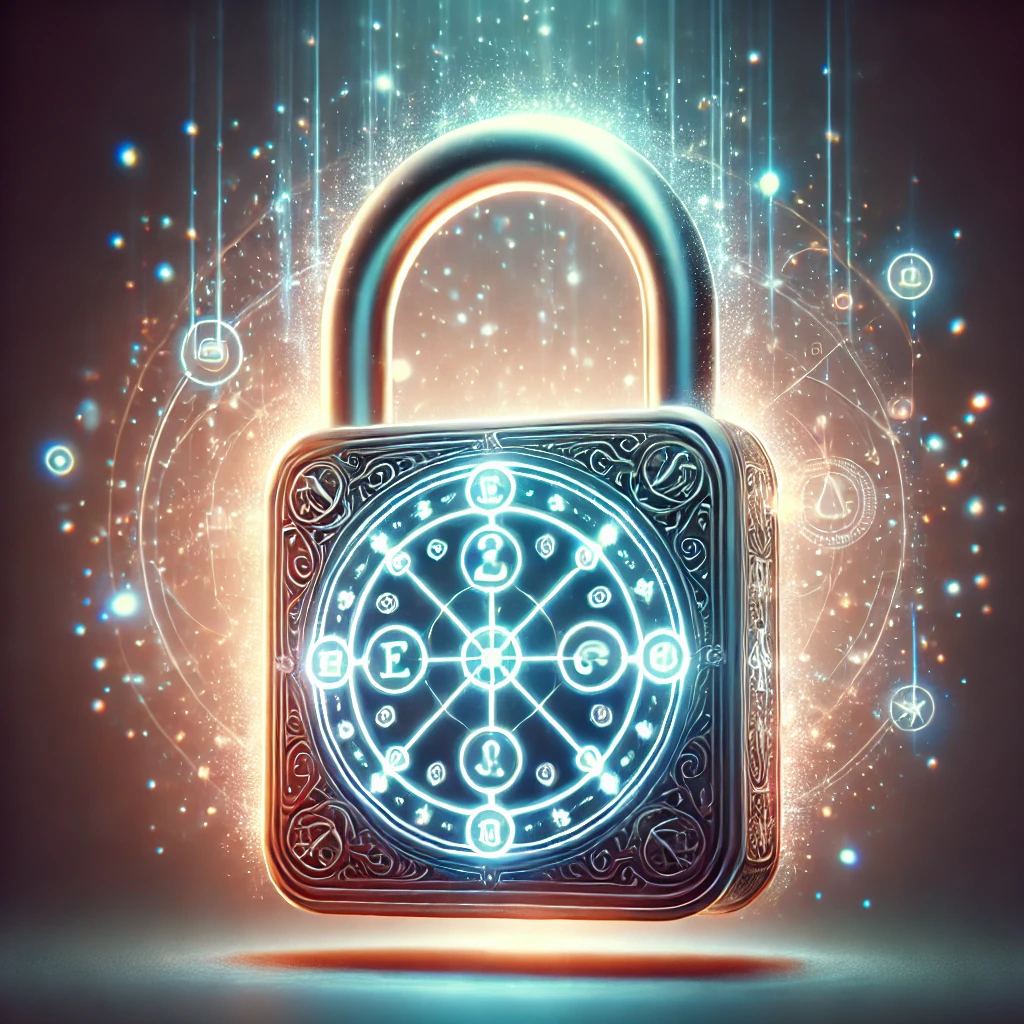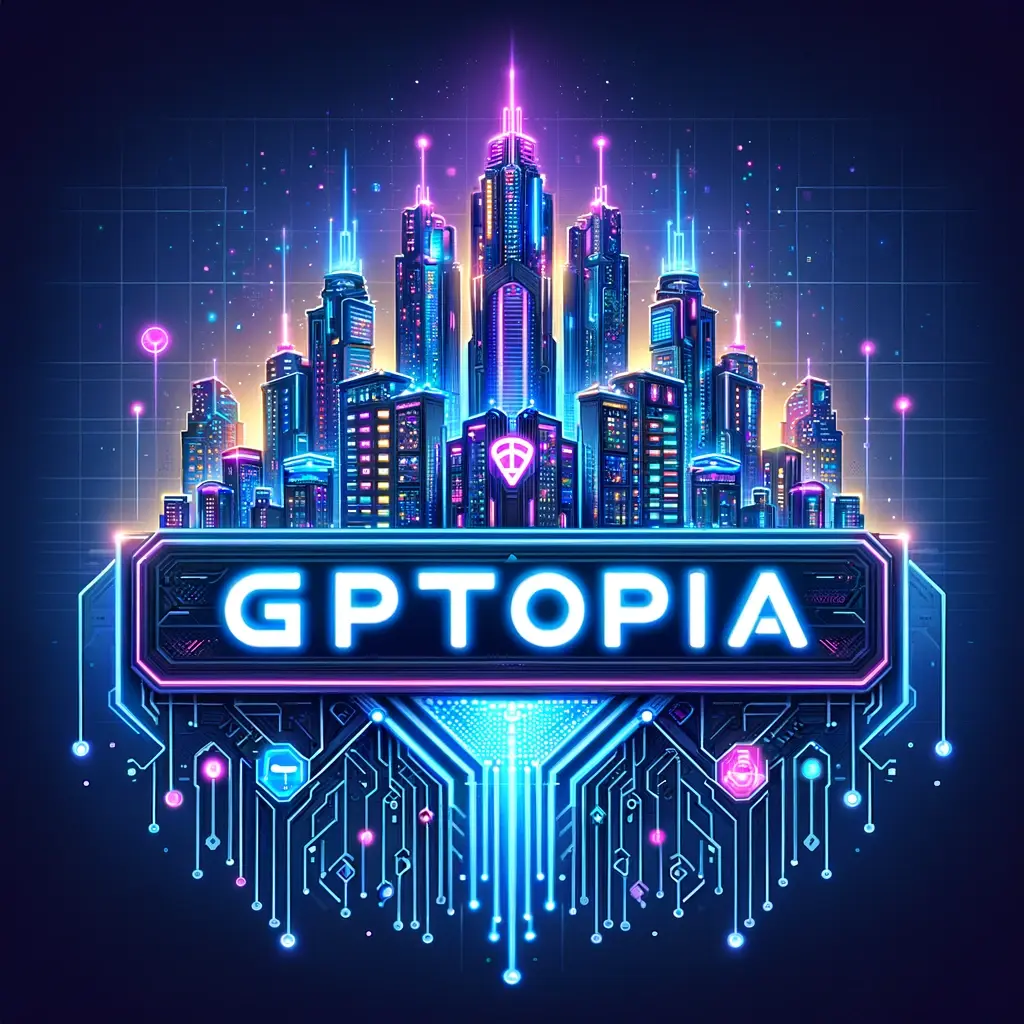complete article index can be found at
https://ideabrella.com/papers/articles
The AI Revolution in Entertainment
AI Agents: Shaping the Future of Entertainment
The AI Revolution in Entertainment
Artificial Intelligence (AI) agents are transforming the entertainment industry, streamlining processes from content creation to audience engagement. These intelligent systems are reshaping how media is generated, curated, and consumed, fundamentally altering the creative landscape. By integrating AI at every stage of entertainment, we are witnessing a seamless fusion of technology and artistry. AI is no longer just a tool but an active collaborator in the creative and distribution process, redefining how audiences interact with content.
AI is revolutionizing nearly every aspect of the entertainment industry, from the way stories are conceived to how they reach audiences. Content is now tailored to individual tastes at an unprecedented scale, thanks to AI’s ability to analyze vast amounts of user data and predict preferences. The technology is not just limited to backend processes; AI-driven characters, virtual influencers, and interactive entertainment are increasingly blurring the lines between reality and digital media, shaping the entertainment experiences of the future.
AI in Content Creation
AI is assisting writers in crafting compelling narratives by analyzing vast amounts of data, identifying trends, and suggesting plot structures. AI models, such as OpenAI’s GPT, generate scripts, provide dialogue suggestions, and refine character development. This technology allows storytellers to explore innovative ideas and expand their creative boundaries. With AI, content creators can work more efficiently, allowing them to focus on high-level creative decisions while AI handles the more data-driven aspects of storytelling.
From composing original scores to remixing existing music, AI is playing an instrumental role in music production. Systems like AIVA and Jukedeck analyze patterns in classical and contemporary compositions, enabling musicians to experiment with new creative avenues. AI-generated compositions are now being used in films, advertisements, and even live performances, making music creation more accessible to a broader range of artists. AI-driven sound design is also evolving, allowing for dynamic soundscapes that adjust based on audience interaction in games and immersive media.
AI is also enhancing the film industry by streamlining post-production processes, improving CGI rendering, and even de-aging actors for flashback scenes. AI-driven editing software accelerates video production by automating tedious tasks, allowing filmmakers to focus on storytelling. AI-enhanced visual effects now allow for the creation of hyper-realistic digital environments, de-aged actors, and even fully AI-generated characters, expanding the possibilities for storytelling and production in unprecedented ways.
AI in Content Curation
Streaming platforms like Netflix and Spotify utilize AI algorithms to analyze user behavior and preferences, ensuring personalized content recommendations. These systems enhance user experience by curating playlists, suggesting movies, and identifying trending content. AI-powered metadata tagging helps categorize and organize media libraries efficiently, improving searchability and optimizing content discovery. Automated tagging systems allow users to navigate vast amounts of content with ease, making entertainment more tailored to individual users.
AI-generated news articles, summaries, and automated fact-checking systems are revolutionizing journalism. Platforms like Bloomberg’s Cyborg generate financial reports with speed and accuracy, keeping audiences informed in real-time. By automating routine reporting, AI frees up journalists to focus on in-depth analysis and investigative reporting, enhancing the quality of news coverage. AI can also detect misinformation and help content moderators filter out unreliable sources, ensuring a more accurate and trustworthy media landscape.
Additionally, AI is playing a crucial role in optimizing marketing strategies. Studios and content creators use AI-driven analytics to determine the best release times, target audiences, and promotional materials that will resonate most with viewers. AI-driven market research is allowing entertainment companies to anticipate audience demand and optimize content production accordingly.
AI in Audience Engagement
Interactive AI chatbots and virtual assistants engage with audiences by providing real-time recommendations, answering queries, and even narrating live events. AI-powered digital hosts, such as virtual influencers, are gaining popularity across social media platforms, offering personalized engagement with audiences. These digital personalities are shaping new ways of connecting with fans and promoting brands, as AI-generated influencers and spokespersons become indistinguishable from human presenters.
With advancements in AI, interactive entertainment is becoming more immersive. Personalized storytelling, AI-driven gaming experiences, and adaptive narratives cater to individual user preferences, creating dynamic and engaging content. AI agents in video games enhance NPC behavior, making interactions more lifelike and adaptive. Procedural content generation allows for infinite world-building, ensuring unique gaming experiences for players and expanding the possibilities of virtual storytelling. AI is now capable of designing entire virtual worlds, adjusting difficulty levels based on player skill, and crafting stories that evolve in real time based on player choices.
AI-driven live entertainment is also emerging, with AI-generated hosts and performers leading virtual concerts, interactive theater performances, and AI-assisted eSports commentaries. AI-driven production techniques allow for entirely AI-generated entertainment experiences, from concerts with AI-created pop stars to live-streamed content generated dynamically in response to viewer interactions.
The Future of AI in Entertainment
As AI agents continue to evolve, their role in entertainment will become even more profound. From aiding creative professionals in content generation to revolutionizing audience engagement, AI is shaping the future of media consumption. The seamless integration of AI with entertainment ensures limitless possibilities, making entertainment more interactive, intelligent, and immersive than ever before. As technology advances, the relationship between AI and entertainment will continue to redefine how we create, curate, and experience content.
Looking ahead, AI is poised to push the boundaries of entertainment even further. With AI-driven storytelling engines capable of generating personalized narratives, virtual reality experiences guided by AI, and AI-assisted collaborative creative tools, entertainment will become increasingly adaptive and user-driven. The potential for AI to reshape not just digital entertainment, but also live performances, creative arts, and audience interaction, is virtually limitless. The entertainment industry is entering a new era—one where AI is not just an assistant but an essential collaborator in the creative process, shaping a future where technology and imagination go hand in hand.









